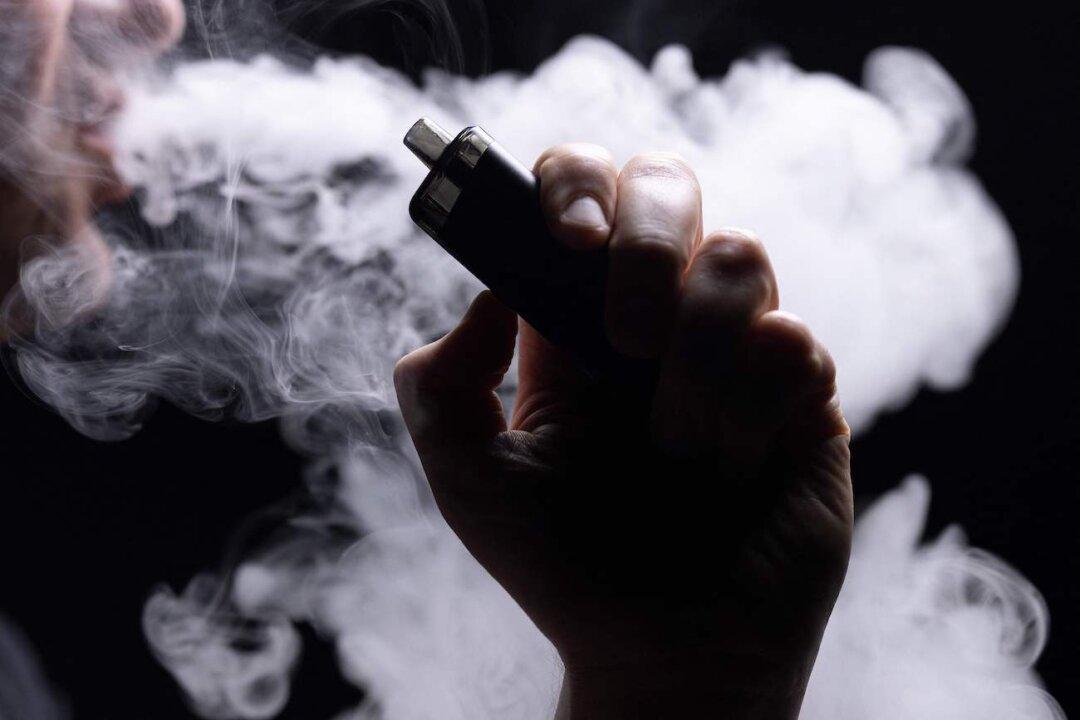Democratic lawmakers asked the Supreme Court on Sept. 4 to overturn a lower court ruling that blocks the Food and Drug Administration (FDA) from rejecting certain types of e-cigarettes, warning that the ruling threatens to undermine public health.
In an amicus brief filed with the nation’s highest court, the group of 16 lawmakers asked that the decision by the Fifth U.S. Circuit Court of Appeals be reversed and marketing denial orders that were issued to the companies be reinstated.




